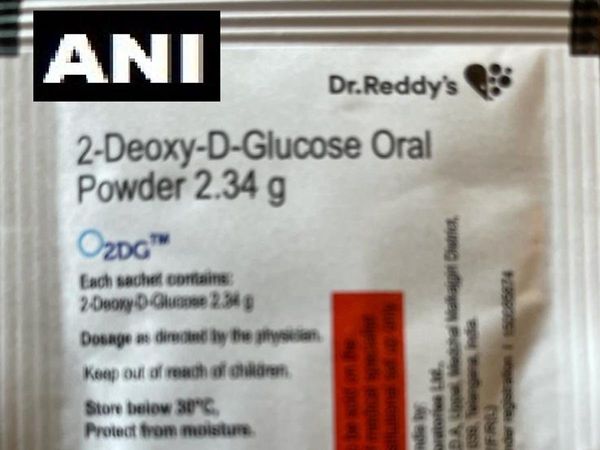Home Articles DRDO’s 2-DG anti-COVID-19 drug to be available for Rs 990 per sachet;...
KEY STORY
-
The drug 2-deoxy-D-glucose (2-DG), developed by the Institute of Nuclear Medicine and Allied Sciences (INMAS), a lab of Defence Research and Development Organisation (DRDO), in collaboration with Dr Reddy’s Laboratories (DRL), Hyderabad, would be available for Rs 990 per sachet. However, the Centre and state government would get the drug at a discounted price.
-
The Drugs Controller General of India (DCGI) approved anti-COVID drug developed by DRDO for emergency use earlier this month.
-
“Clinical trial results have shown that this molecule helps in faster recovery of hospitalised patients and reduces supplemental oxygen dependence.
-
Higher proportion of patients treated with 2-DG showed RT-PCR negative conversion in COVID patients. The drug will be of immense benefit to the people suffering from COVID-19,” the ministry of defence had stated following DCGI’s approval.
-
The drug comes in powder form in a sachet, which is taken orally by dissolving it in water. It accumulates in the virus-infected cells and prevents virus growth by stopping viral synthesis and energy production. Its selective accumulation in virally infected cells makes this drug unique.
-
Notably, the drug comes as a boon for the COVID patients who have been facing severe oxygen dependency and need hospitalisation.
-
The drug is expected to save precious lives due to the mechanism of operation of the drug in infected cells. This also reduces the hospital stay of COVID-19 patients the defence ministry said.
CONCLUSION
-
Defence Minister Rajnath Singh and Union Health Minister Dr Harsh Vardhan on May 17 had released the first batch of the 2-deoxy-D-glucose or ‘2-DG’.
-
Notably, the DRDO also developed an antibody detection-based kit ‘DIPCOVAN’, the DIPAS-VDx COVID-19 IgG Antibody Microwell ELISA for sero-surveillance. The DIPCOVAN kit can detect both spike as well as nucleocapsid (S&N) proteins of SARS-CoV-2 virus with a high sensitivity of 97 per cent and specificity of 99 per cent.














